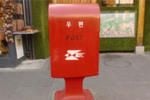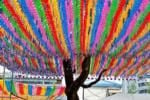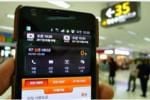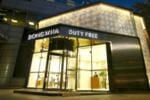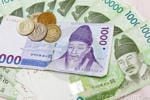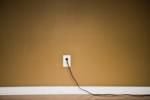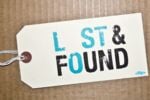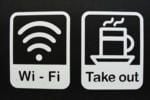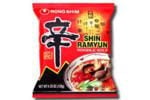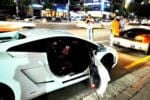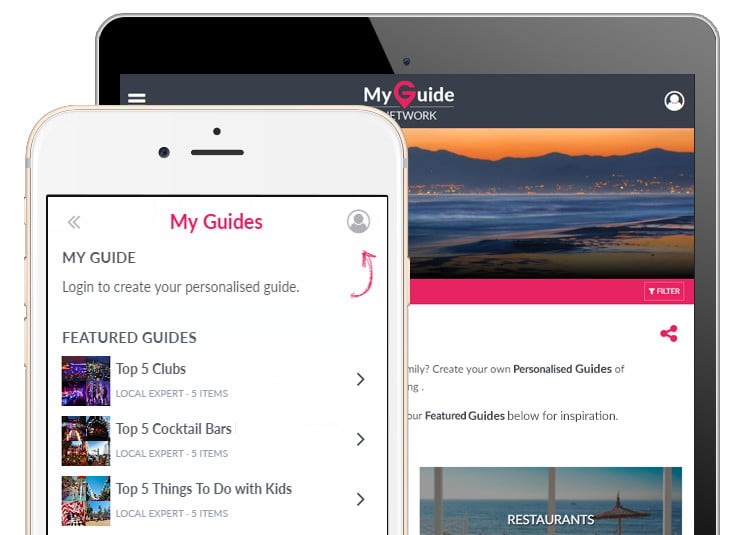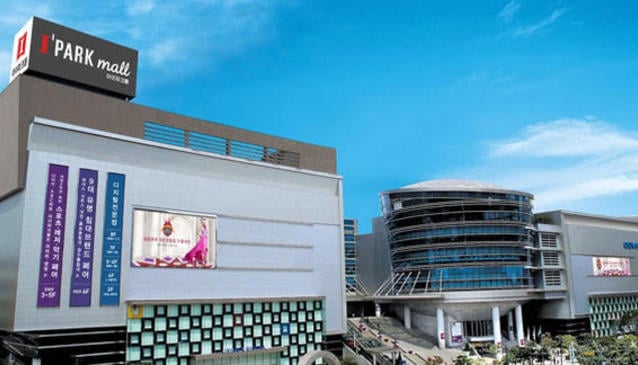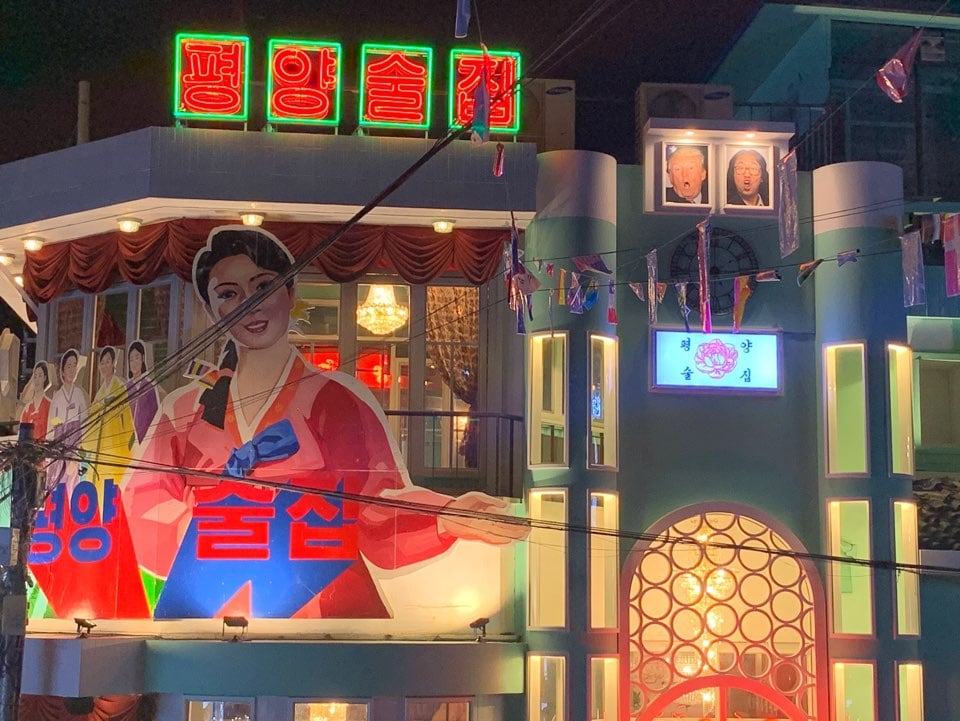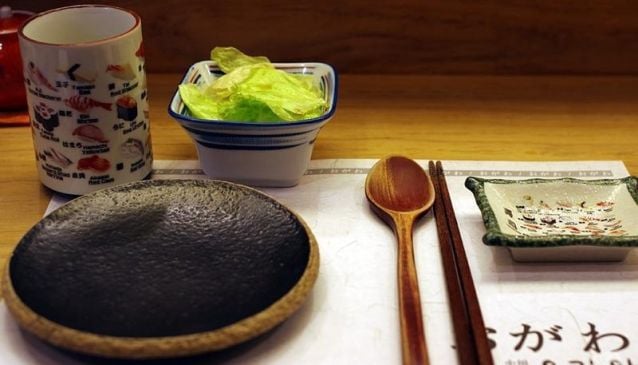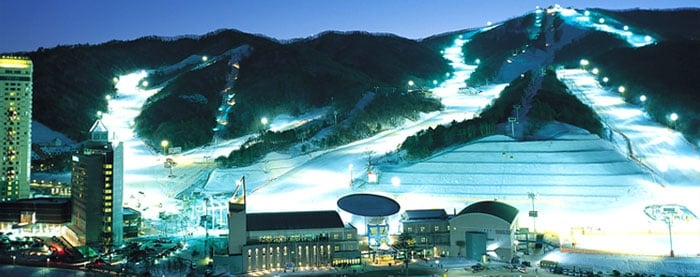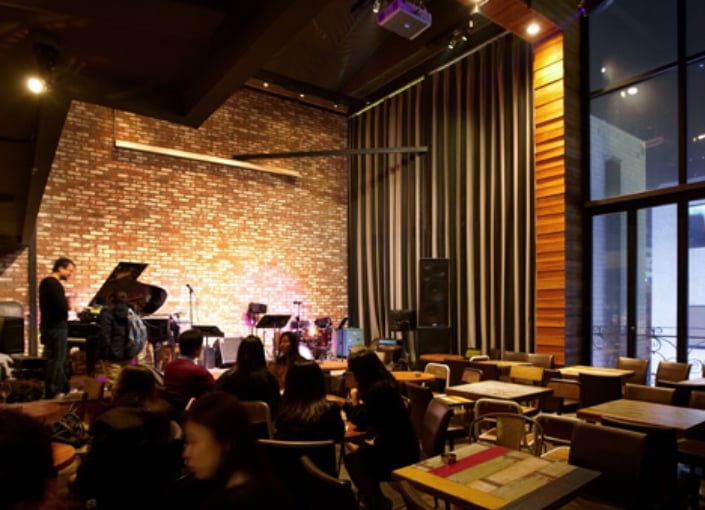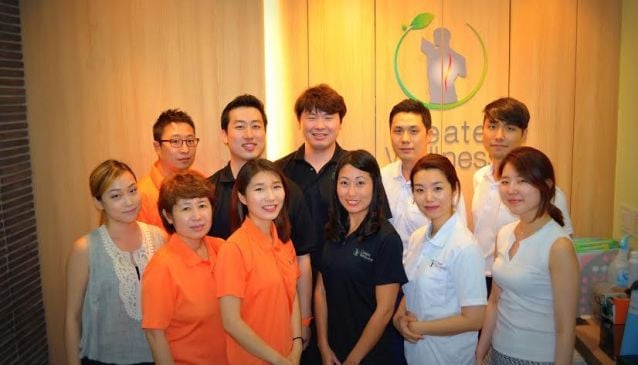Practical Info
Local Business Hours
- Banks operate 9am to 4pm, Monday to Friday.
- Government offices and organizations are open 9am to 6pm, Monday to Friday.
- Post offices are open 9am to 6pm (Monday to Friday) and 9am to 1pm (saturday). The only exception is Gwanghwamun Post Office, located in the City Hall area of Seoul. This post office stays open until 8pm during the week and until 6pm on saturdays.
- Most private businesses and small shops open anywhere between 8.30am and 10am and usually close late in the evening.
- Foreign diplomatic missions in Seoul usually maintain strict business hours but differ from country to country.
- Major department stores are open from 10.30am to 8pm including Sundays and usually closed one Monday a month. Some select department stores in the busy shopping areas of Myeongdong stay open till late and in Dongdaemun, you can even find shopping malls that close at 5am! These cater for the hungry midnight shoppers and clearly shows why Seoul is a city that never sleeps!
Korea officially follows the gregorian calender though some holidays are based on the Chinese Lunar Calender. On official holidays, offices and banks are closed but palaces, museums, most restaurants, department stores and amusement parks are open. Seolnal and Chuseok are the most important traditional holidays in Korea. Millions of peole visit their hometown to celebrate with their families during these times and like most places, a holiday involves a lot of eating...Korea is the same.
New Years Day (January 1st). The first day of the New Year is celebrated and recognized. For most young people, this involves celebrating with your friends, going out to eat and all across Seoul, you will see New Year celebrations, anything from huge club parties to private events.
Lunar New Years Day 설날 (Seolnal, February) This day is one of the most important traditional holidays of the year. Still much more significant than Janurary 1st. Most businesses are closed and people take several days off to visit relatives. Avoid travelling domestically in Korea during this holiday as trains and buses get very busy. On this holiday, Koreans get up early, dress nicely and bow to their elders, usually parents and grandparents as a reaffirmation of family ties and showing respect. Feasts are held with specially prepared foods such as tteokguk (rice cake soup) and manduguk (Korean dumpling soup). Many Koreans travel to the East Sea to watch the sunrise on this particular day and learning how to say: 새해복많이받으세요 (saehae bok mani pat deh seyo) which is Happy New Year in Korean will come in handy when greeting Koreans on this particular day.
Independence Movement Day (March 1st) This day commemorates the Declaration of Independence proclaimed on March 1st 1919, while under Japanese rule. A reading of the declaration takes place in a special ceremony at Tapgol Park, in the City Hall area of Seoul.
Children's Day (May 5th) On this day parents dress up their children and take them to the park, amusement park, cinema, zoo or anywhere that involves a day of fun, like COEX, Lotte World or Everland.
Buddha's Birthday (May) The 8th day of the 4th Lunar month, rituals are held at many buddhist temples across the country and lanterns are hung in the temple courtyard. On the Sunday evening before Buddha's birthday, these lanterns are lit and carried in parades.
Memorial Day (June 6th) This day is set aside to honor the soldiers and civilians who gave their lives for this country. The largest ceremony is held at the National Cemetery in Seoul.
Liberation Day (August 15th) This day commemorates Japanese acceptance of the Allies terms of surrender and the resulting liberation of Korea in 1945.
Chuseok Korean Thanksgiving Day (September) This is one of the other two major holidays in Korea. It is celebrated every year on the 15th day of the 8th lunar month. Chuseok is often referred to as Korean Thanksgiving Day. It celebrates the autumn harvest and it's another big day for Koreans to go see their families.
National Foundation Day (October 3rd) The Korean nation was founded in 2333 B.C. by the legendary King Dangun and this day is celebrated by a ceremony on the top of Mt. Manisan in Ganghwado Island.
Christmas Day (December 25th) Chistmas is observed as a national holiday in Korea, but Koreans don't celebrate Christmas like in most Western countries. It is mainly a time to be with your friends and to party!
You can make local and international calls from payphones throughout the city and pay with coins, telephone cards or credit cards. The basic rate for a local call is 70 won per every 3 minutes and rates for long distance calls and mobile phones will cost you more. Telephone cards offer the best prices on overseas calls and can be purchased at convenience stores, post offices or online shopping malls. For more information, click here.
- To call Korea from abroad, press the international call code + Korea's country code (82) + area code (excluding the first zero) + phone number.
- To call abroad from Korea, press the international call code + country code + area code + phone number.
You can use your own mobile phone in Korea if you wish, however roaming service rates are expensive. If you are looking for a cheaper mobile option, you can easily rent a mobile phone at the airport. Go to one of the two Incheon Airport Roaming Centers next to gates 6 and 7 (open 24 hours) and gates 10 and 11 (open 6am - 22pm) in the arrival area on the 1st floor. They will help you with everything in English.
The daily rate is 3,000 won plus pay-as-you-go fees. Outgoing calls cost 600 won per minute and incoming calls are free. To rent you need to present your passport and credit card and pay the rates by cash or charge when you return it. If you book a mobile phone in advance you will receive a 50% discount on your daily rental charge rate and yes, they also offer smart phones. All phones have menus in English of course.
Value-added tax (VAT) is added to most goods in Korea at a standard rate of 10%, included in the retail price. At tourist hotels, this 10% tax applies to meals and other services and is added to the bill.
Any foreigner with a passport and an air ticket are able to use duty-free shops in Seoul. If you give shop assistants your airline and flight number, you can make purchases without air tickets. Payment methods are Won, Yen, US Dollars and credit cards. Your purchased items are delivered to the designated collection points at the airport one or two days before your departure date. You need to collect them by presenting your passport, air ticket and voucher. Purchases you make upon entering Korea and traditional crafts and foods can be collected immediately after arrival, while other items should be picked up at the airport on your departure. You can claim a VAT refund at Incheon International Airport, global Refund: +82-2-776-2170.
Duty free shops in Seoul include: The Sheraton Grande Walkerhill, Lotte Hotel, The Shilla Seoul and Donghwa Duty Free Shop in Gwanghwamun.
Tipping is not part of Korean culture so don't worry about who to tip and how much. Most hotels and some up-scale restaurants add a 10% service charge to the bill.
The standard voltage in Korea is 220V, outlets for 220 volts/60 hertz (Europe) are dominant but a 110 volt outlet (North America, Japan) is sometimes available. Most plugs have two round pins. You can use any of your electronic goods in Korea with the help of a boosting transformer, just be careful and ask before plugging in a 110 volt appliance. A lot of major hotels in the city have such transformers, but it would be good to prepare battery-operated products or a multi-voltage travel adaptor.
In case you lose your belongings in public places or on public transportations, please report it to the nearest police station or to the Lost & Found Center at subway stations. Since most places do not speak foreign languages, it is recommended to contact hotel personel or a tourist information center for assistance. In case of losing your passport, please contact your country's embassy or consulate in Korea. In case of losing traveler's checks or credit cards, make sure you block your card and report it immediately to your bank.
Being the most wired city in the world, internet options are abundant in this city. You can access the internet for free at Incheon Internation Airport, in several subway stations (and even on the trains). Most cafees and coffee shops also provide free wifi access and all major hotels are equipped with an internet connection, wifi or broadband.
Internet is not hard to find in Seoul and everywhere you go, you will see people on their smartphones and tablets surfing the net and playing games or chatting with their friends.
When travelling to a foreign place it's always nice to get an idea of how much money you will be spending...so here's a list of some random items all in the local currency: Korean Won (KRW).
- Mineral Water: 600 (1 bottle)
- Gum: 500
- Beer, domestic pint: 4000 (in a bar)
- One bottle of beer in a club 10,000
- Cigarettes: 2,700
- Cup noodle: 850 (Shin Ramen)
- Starbucks: 4,300 (Latte)
- Big Mac set McDonalds: 4,400
- Pastadish in an Italian restaurant: 15,000
- Typical Korean lunch in a restaurant: 6,000
- Movie ticket: 8000
- Internet Cafe: 2000 (1 hour)
- Karaoke: 15,000 (1 hour)
- Bus fare: 1050-2,000
- Subway basic fare: 1,050
- General taxi fare: 2,400 (2km) plus a little less than a 1,000 per kilometer.
- Deluxe taxi fare: 4,500 (4km) plus a little less than 2,000 per kilometer.
If you're a short-term visitor to Korea, you can drive on an international driver's license. You're best off obtaining this from your home country if you intend to drive in Seoul. Citizens from several countries including United States, Canada and Japan can exchange their foreign licenses for Korean ones. It is possible to rent cars in Seoul, but renting a car is not recommended as the city already has a very good public transportation system.
Everywhere you go in Korea you’ll find CCTV's (surveillance cameras) so if you’re tempted to speed, beware of highway surveillance cameras, they are fairly evenly spaced and in regular intervals.


